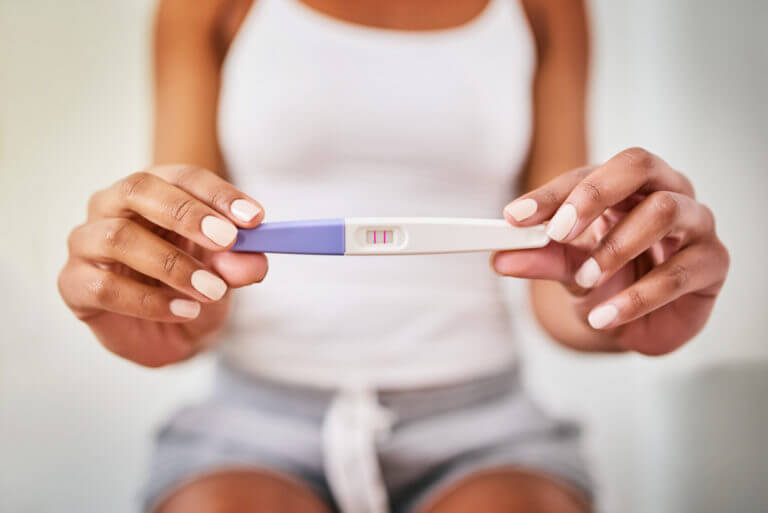
Modern medicine has made terrific strides with regard to reproductive health for both men and women. The medical field now has tests to verify fertility levels in both genders – and in cases where pregnancy eludes a couple, there are measures that can be taken to help couples achieve pregnancy.
In the past, it was always presumed that the problem of infertility was with the woman. However, we now realize that that is extremely antiquated thinking! When a couple now turns to a fertility expert, both are tested.
For couples who have been experiencing difficulties conceiving, there are several methods to test a couple’s fertility. Men are examined for the presence of healthy sperm in their semen. Women, however, have several possible exams to verify fertility and several ways to improve fertility if necessary.
How Can I Get Pregnant?
When a woman is found to have an ovulation disorder, there are steps that can be taken to rectify such problems with the use of fertility drugs.
Clomiphene citrate is a hormone taken orally. It promotes ovulation by working with the pituitary gland to stimulate the ovarian follicle containing eggs.
Gonadotropins are injected treatments that cause the ovary to release multiple eggs. However, this can create the possibility of multiple births and/or premature births.
Fertility Reproductive Assistance
The most common method of reproductive assistance is intrauterine insemination, which entails the release of millions of healthy sperm inside the uterus during ovulation.
Assisted reproductive technology (ART) involves retrieving mature eggs, fertilizing them in a petri dish, and transferring the embryos to the uterus after successful fertilization. This type of ART is in vitro fertilization (IVF), which is the most effective fertility technique. The cycle takes several weeks and requires frequent blood tests and daily injections of hormones.
Sometimes surgical methods are employed; but because of successes through other treatments, surgical measures are being used less and less frequently for treating fertility problems.
Risks of Fertility Drugs
Certain risks are involved when taking fertility treatments. These risks include multiple pregnancies, which can create additional problems such as premature births, lower birth weights, and developmental problems.
Oral fertility medications have less than a 10% chance of causing multiple births; injected treatments increase those odds significantly. Injectable treatments tend to foster triplets, quadruplets, or more.
Certain medications can be employed to help reduce these risks.
Tests for a Woman’s Fertility
An at-home, over-the-counter test predicts ovulation by detecting a surge in luteinizing hormone (LH), which occurs just prior to ovulation. There is also a blood test for progesterone that coincides with the presence of ovulation. There are other signs that can also be checked, like levels of prolactin, which can indicate when a woman is ovulating.
A hysterosalpingography test is when a doctor injects a contrast medium into the uterus and then an X-ray will be taken to detect any abnormalities in the uterine cavity. It also determines whether fluid passes out of the uterus and spills from the fallopian tubes; if the scan shows any abnormal function, further testing will be required. Incidentally, because this test also flushes the fallopian tubes, the test itself has proven to help improve a woman’s fertility.
Ovarian reserve testing helps determine the quality and quantity of eggs available for ovulation and fertilization. This test is particularly helpful for women who are over the age of 35.
Other fertility-testing methods include the testing of levels of ovulatory hormones, thyroid hormones, and pituitary hormones. A pelvic ultrasound can examine a woman for problems in the fallopian tubes or the uterus.
A laparoscopy is a minimally invasive surgical test that involves making a small incision in the abdomen beneath the navel and using an endoscope to visually examine the fallopian tubes, the ovaries, and the uterus. This is done to check for any scarring or endometriosis, blockages, or other problems with a woman’s reproductive system. Genetic testing also helps detect any genetic abnormalities that may be present in the reproductive system.
OB/GYN in Syracuse, New York
If you and your partner are having trouble conceiving, it is a good idea for both potential parents to be tested for fertility viability.
Contact us at University OB/GYN Associates in Syracuse by calling (315) 464-5162 or request an appointment online, and take the next step toward starting a family.



